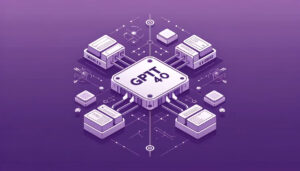Empowering Efficiency: The Evolution of AI-driven Personal Assistants
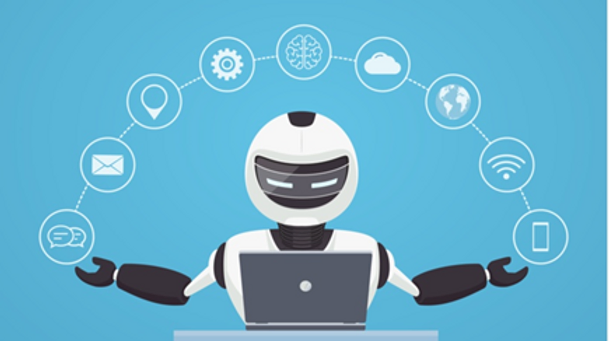
Understanding AI Personal Assistants
AI-fueled personal assistants are virtual agents meticulously crafted to aid users in myriad tasks and furnish information via artificial intelligence mechanisms. These assistants harness the power of natural language processing (NLP), machine learning, and assorted AI methodologies to grasp and respond to user inputs in a manner akin to human interaction, thereby executing tasks with seamless automation and efficiency.
The Salient Attributes of AI Personal Assistants
These virtual companions typically boast advanced attributes such as:
- Natural Language Understanding (NLU): The adeptness to comprehend and decipher user queries and directives expressed in natural language, facilitating more intuitive interactions.
- Generative Capabilities: The dynamic generation of responses resembling human speech, empowering the assistant to furnish contextually relevant and personalized information.
- Context Awareness: The ability to maintain context across multiple interactions, thus enabling more coherent and pertinent responses predicated on ongoing conversations.
- Learning and Adaptation: A continuous learning process from user engagements to enhance performance, discern preferences, and adapt to evolving user requirements.
- Task Automation: The execution of a spectrum of tasks as per user requests, ranging from simple commands to intricate and context-specific actions.
- Conversational Flow: The refinement of conversation flow by contextual comprehension, coherence maintenance, and the avoidance of repetitive or disjointed responses, thereby fostering a more natural interaction experience.

Understanding the Emergence and Necessity of Personal AI Assistants
Having emerged over the past decade, these intelligent assistants have garnered prominence as tech behemoths like Apple, Google, Amazon, and Microsoft poured substantial resources into developing sophisticated conversational AI. With the advent of digital transformations across various sectors, there’s been a surge in an inquisitive culture. With technological solutions at our fingertips, we scrutinize and reevaluate the functioning of our industries, contemplating the integration of data to enhance efficiency and outcomes. The confluence of potent algorithms, extensive datasets, and enhanced hardware has empowered AI personal assistants to comprehend and respond to user queries in a nuanced and context-aware manner. This revolutionizes how individuals interact with technology, seamlessly integrating these assistants into diverse facets of daily life.
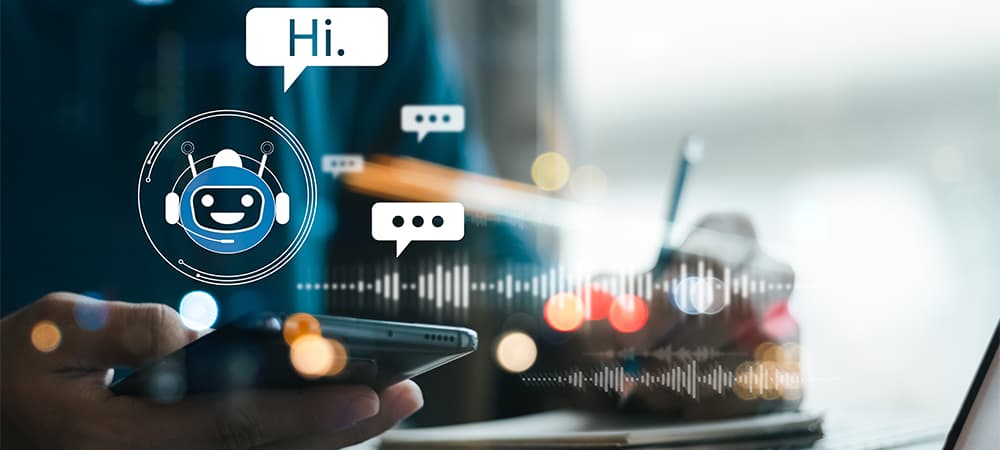
Bill Gates envisions a future where everyone will possess their personal assistant through Artificial Intelligence (AI). As Information Technology evolves, we are poised to transition away from disparate apps for specific functions, toward vocalizing commands to our devices. Whether it entails finding a venue for a child’s birthday party within budget constraints, offering innovative solutions to workplace challenges akin to a brainstorming session among colleagues, or suggesting suitable workouts considering existing injuries, our devices will evolve to understand us akin to human personal assistants, furnishing intelligent recommendations tailored to our personalities and needs.
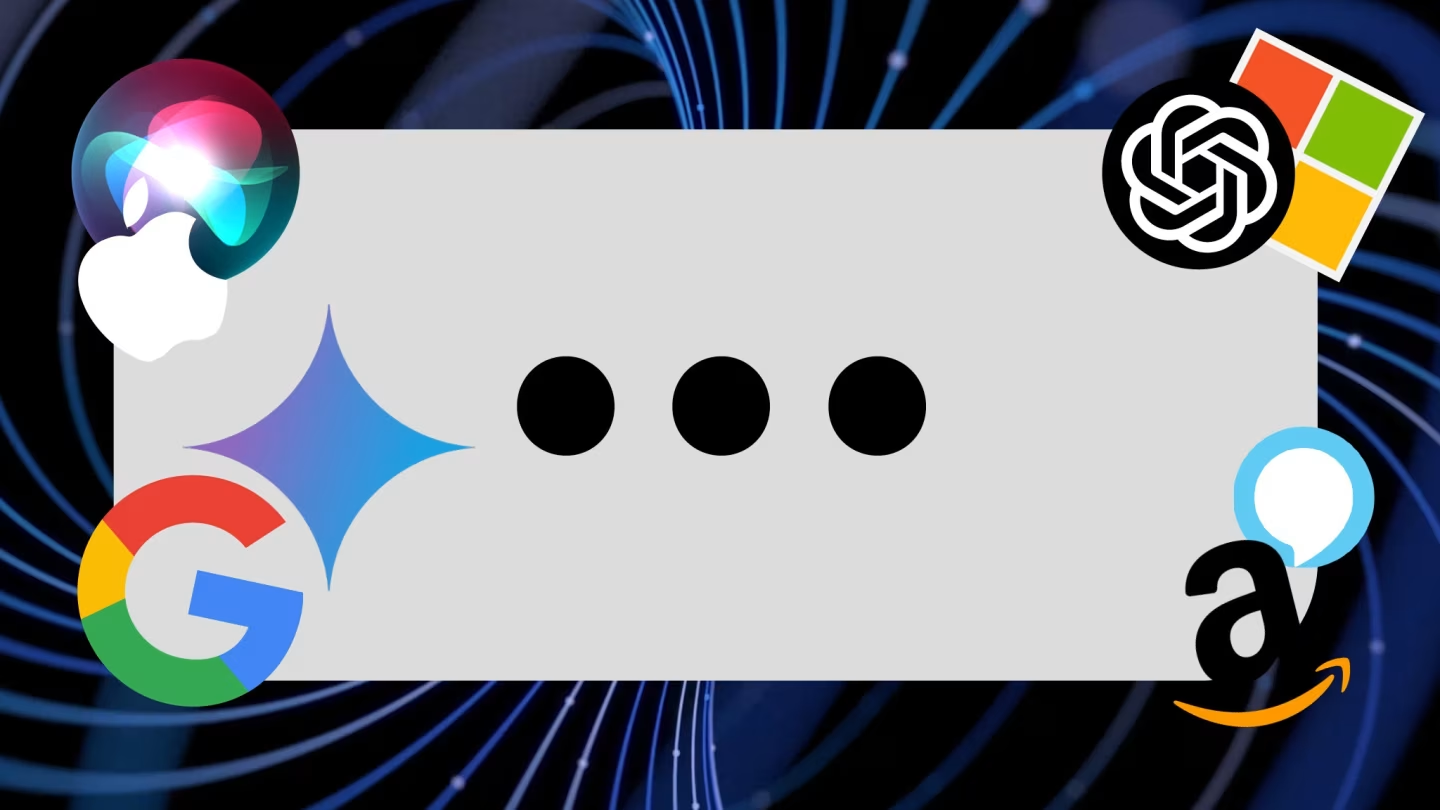
Top 5 Leading AI-Powered Personal Assistants
- Apple Siri: Seamlessly integrated into Apple devices, Siri delivers voice-activated assistance to iOS and macOS users.
- Google Assistant: Available across Android devices and other platforms, Google Assistant aids users in task execution, query resolution, and smart device control.
- Amazon Alexa: Embedded within Amazon Echo and other Alexa-enabled devices, Alexa excels in smart home integration and boasts a diverse skill set.
- Microsoft Cortana: Initially integrated into Windows devices, Cortana extends voice-activated assistance and productivity features.
- Samsung Bixby: Featured prominently on Samsung smartphones and other devices, Bixby furnishes voice commands and tailored recommendations.
These assistants are designed to augment user convenience and productivity by streamlining various facets of daily life through natural and intuitive interactions.

Diverse Applications of AI Personal Assistants Across Industries
The applications of AI-powered personal assistants are myriad, spanning diverse industries:
Healthcare: AI personal assistants facilitate medical professionals by generating comprehensive patient summaries based on electronic health records, thereby enhancing decision-making efficiency. Additionally, patients benefit from personalized health recommendations and medication schedule reminders.
Manufacturing: In manufacturing, AI personal assistants optimize production processes by generating predictive maintenance schedules for machinery, thereby minimizing downtime and bolstering operational efficiency. They also aid engineers in refining product prototypes through real-time simulations and data-driven insights.
Human Resources: These assistants streamline recruitment processes by automating resume screening, interview scheduling, and initial candidate assessments. Moreover, they assist employees by addressing HR-related queries and providing insights into company policies and benefits, thus enhancing onboarding experiences.
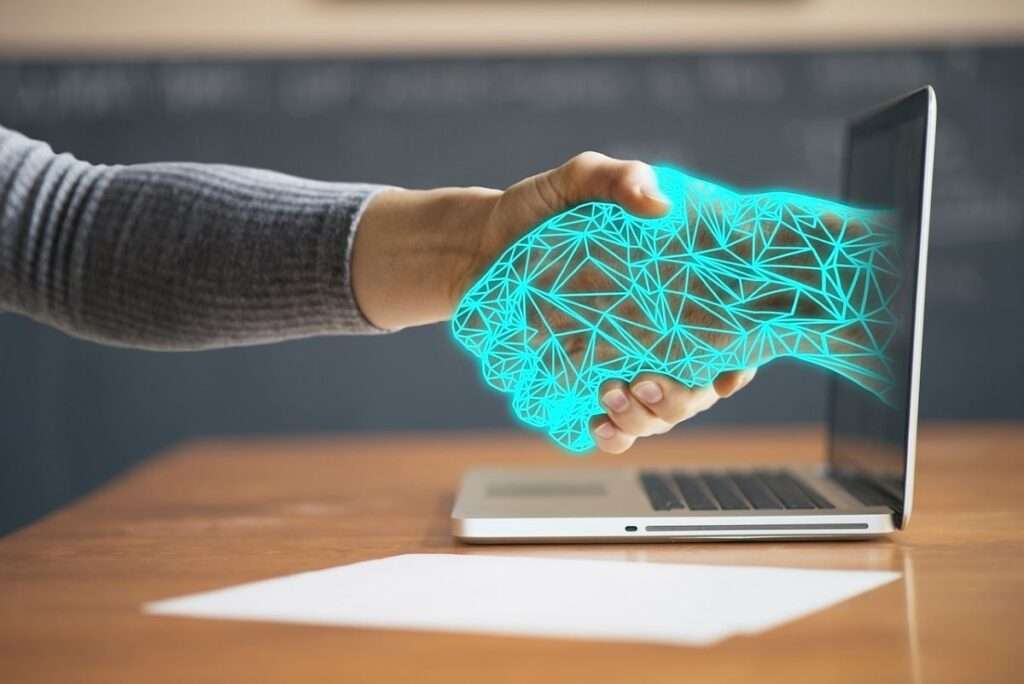
Retail: AI personal assistants in retail enhance the customer shopping experience by offering personalized product recommendations based on individual preferences and purchase history. They also assist store employees by generating real-time inventory reports, optimizing restocking procedures, and offering insights into customer trends to refine marketing strategies.
Education: Within the education sector, AI personal assistants serve as virtual tutors, generating interactive and personalized learning materials tailored to individual student needs. Additionally, they aid educators by automating administrative tasks such as grading assignments and managing schedules, thereby enabling teachers to focus more on direct student engagement and instructional strategies.
Customer Assistance: In customer service, AI personal assistants handle a wide array of inquiries, providing instant and accurate responses to frequently asked questions. They seamlessly escalate complex issues to human agents while ensuring a smooth transition of information, thereby enhancing overall customer satisfaction.
Finance: In the finance industry, AI personal assistants assist financial advisors by generating detailed investment analyses and providing real-time market insights. They also support customers by offering personalized budgeting advice based on historical spending habits, thus facilitating informed financial decision-making and portfolio management.
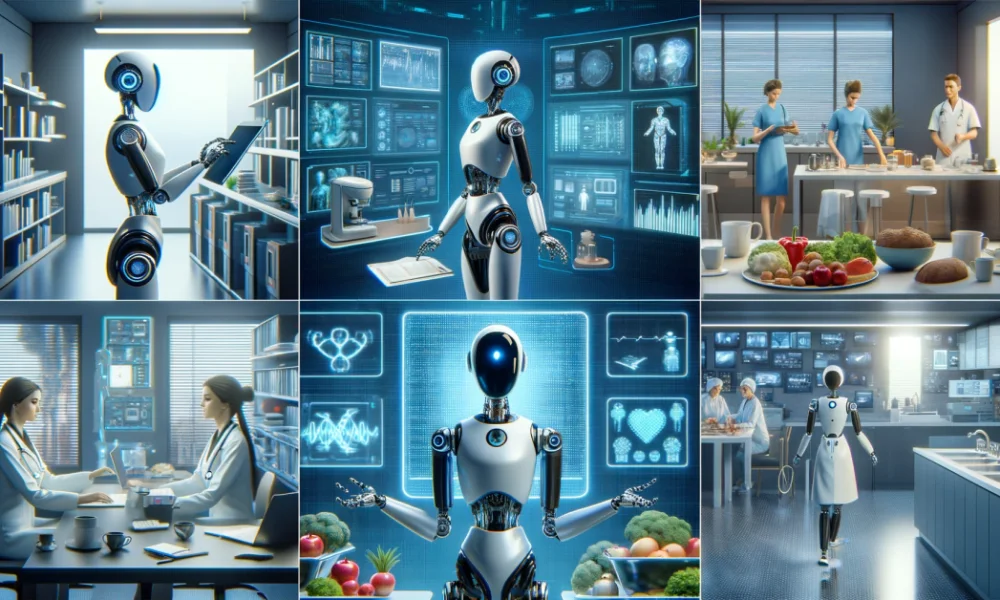
The Advantages of AI in Personal Assistants
AI-powered personal assistants offer a plethora of benefits from both a business and personal standpoint:
Addressing the Loneliness Epidemic: Loneliness poses significant health risks, comparable to smoking, with individuals aged 16–29 reported to be over two times more likely to frequently experience loneliness than those over 70. AI personal assistants hold immense promise in combating the loneliness epidemic by providing continuous engagement and emotional support to individuals. Through empathetic interactions, these assistants engage in meaningful conversations, share stories, provide medication reminders, and connect users with relevant community resources, thus fostering a sense of belonging and reducing feelings of loneliness.
Enhanced Productivity: AI personal assistants automate routine tasks, enabling employees to concentrate on strategic and complex aspects of their work. This efficiency boost translates into improved productivity and streamlined business processes while minimizing errors inherent in human intervention.
Improved Customer Service: AI personal assistants deployed in customer-facing roles furnish instant and accurate responses, thereby enhancing overall customer satisfaction. Businesses can provide round-the-clock customer service, bolstering their reputation and fostering increased customer loyalty and positive brand perception.
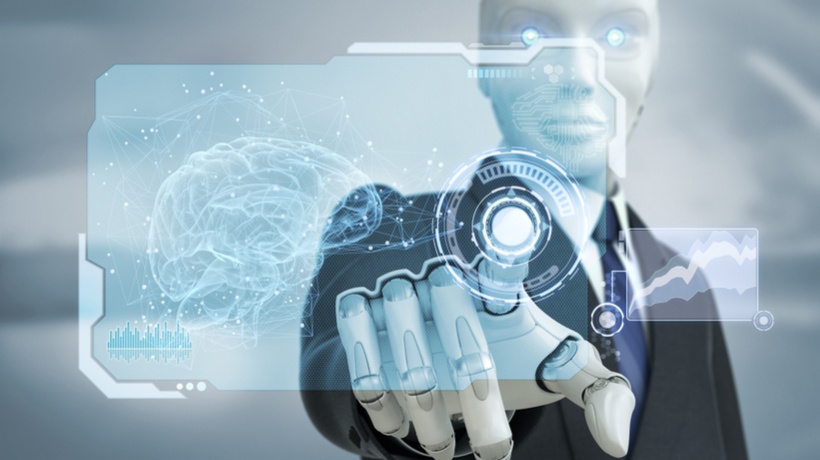
Time and Cost Savings: Automation facilitated by AI personal assistants results in significant time and cost savings for businesses. These assistants swiftly analyze vast datasets, providing valuable insights that inform data-driven decision-making, thereby expediting market analysis, trend identification, and strategic planning. On an individual level, AI personal assistants automate various tasks such as setting reminders, sending messages, scheduling appointments, budgeting, expense tracking, and identifying cost-effective solutions, thereby optimizing time utilization and financial management.
Enhanced Security: AI personal assistants contribute to enhanced security across various domains. In smart home environments, they can monitor and alert users about potential safety hazards, such as leaks, fires, or unauthorized access. In industrial settings, these assistants facilitate predictive maintenance, identifying potential equipment failures before they pose safety risks, thus enhancing overall workplace safety and accident prevention.
Health and Well-being: Personal AI assistants play a pivotal role in promoting health and well-being by providing personalized health reminders, tracking fitness goals, offering nutritional advice, and fostering proactive wellness approaches. Through empathetic interactions and mental health support, these assistants contribute to stress reduction and emotional well-being, thus promoting a holistic




